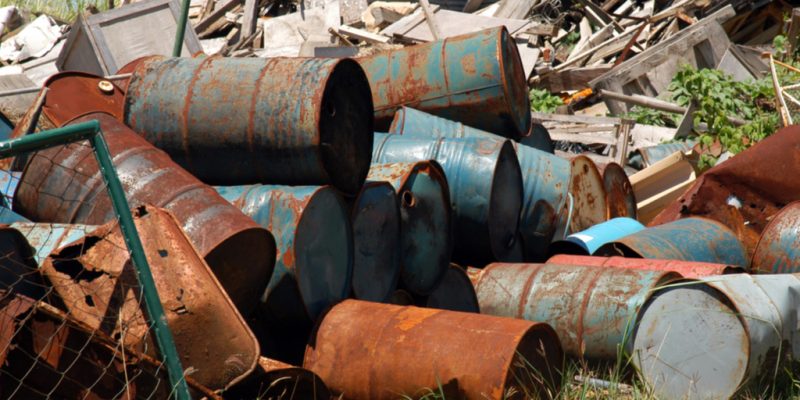The government of Côte d'Ivoire has recently introduced a new solid waste management policy. According to the new strategy, additional funds will be allocated to finance sanitation when the proceeds of the property tax (IPF) are distributed.
Solid waste management could soon be improved in Côte d’Ivoire. The Economic and Financial Affairs Commission (Caef) of the Senate unanimously adopted on July 23, 2020, the draft law ratifying Ordinance No. 2019-1087 of December 18, 2019, which amends the procedures for determining the distribution key for the proceeds of the property tax (IPF) between the bodies responsible for waste management and local authorities.
In concrete terms, the new law on solid waste management provides for the levying of a tax on property assets and property income; a tax on roads, hygiene and sanitation; a tax on health and environmental protection; a special tax on certain plastic products and a remunerative tax for the removal of household waste. This decision follows the commitment made by Côte d’Ivoire under the Paris Climate Agreement.
“This change will make it possible to increase the share of the property tax allocated to financing sanitation from 25% to 50%, in view of the expected change in the tax on land assets, and to maintain the nominal level of resources allocated to communities at about 50 billion CFA francs (over 7.6 million euros),” explains Moussa Sanogo, the Minister to the Ivorian Prime Minister in charge of the Budget and the State Portfolio.
According to Moussa Sanogo, the new solid waste management strategy in no way penalises local authorities, especially since the implementation of this measure will help to significantly reduce their solid waste management costs. “The law currently in force in the country provided for a levy charge, but over time it has proved ineffective in supporting this policy. Especially since it could not fully cover the financing needs of the sanitation sector,” says Moussa Sanogo.
Inès Magoum







